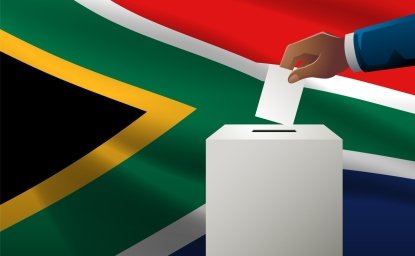Continued:
Its people are gracious, welcoming and well-educated, among the most literate on the African continent. Kenyans, led by Jomo Kenyatta, fought hard and long for independence. Once they gained it, the manner in which they achieved national and racial reconciliation set an example that South Africa would follow forty years later.
I've traveled here this week with Secretary Clinton to participate in the African Growth and Opportunity Act Forum, held August 4-6. Political, business and civil society leaders from all over Africa and the United States have gathered to discuss and improve the African Growth and Opportunity Act, first signed into law by President Bill Clinton in 2000. But my passion for Kenya underlies this visit, and I can't help but be concerned for the country and its people.
At the top of my concerns is corruption. Corruption is killing Kenya. Since the long rule of Daniel arap Moi, it has seeped into the fabric of Kenyan governance. It affects everyone at every level. The long-running Goldenberg scandal, in which the government subsidized exports of gold, cost Kenya more than a billion dollars, a value of more than 10 percent of the country's GNP. More recently, the Anglo Leasing case has cost the government more than 50 million dollars. These are just two of a long list of scandals, documented often in detail by organizations such as Transparency International. These scandals have sapped not only the national treasury, but the very spirit of a talented people and faith in their state institutions. And the dollars lost are only part of the story. This insidious disease infects all aspects of Kenyan life, down to the basic public services such as education, driver's licenses and business permits, where even a few extra dollars for "dash" can break one family's meager savings. Multiply that one family by millions, and you get a nation going backwards.Read full posting.




